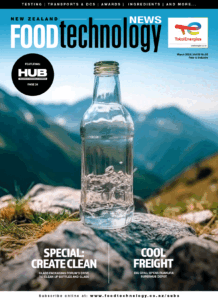By Tony Hunter, food futurist
As countries develop, and their GDP per capita grows, this is usually accompanied by an increase in consumption of animal products. The problem of extending animal agriculture as the global population and middle classes grow is that there’s simply not enough arable land or fresh water on the planet to support this expansion.
Certainly, not to supply enough meat for these developing countries to eat the way we do in Australia, the US etc. and stay within planetary boundaries.
The issue is, how can we justify saying to developing countries don’t eat more meat? I don’t think it has to be a case of just saying “no meat for you” to these countries. What economically developing countries are really saying is “why are you denying us high quality protein nutrition”?
Good nutrition is the human right and until now this has been seen as being animal protein. Maybe what the food rich countries should be saying is; here are some alternatives to healthily feed your population while we work on the problems associated with our own food system.
There’s undoubtedly a cultural contribution to increasing meat consumption as GDP increases but basically people want access to healthy food, in particular, protein. These countries need to be aware that there’s now many new ways of producing high quality protein. Why adopt an old technology when a new one has significant advantages? Kenya didn’t duplicate the old copper wire technology to improve their telecommunications back in 2002. They went straight to mobile phone technologies, leapfrogging a century of telecommunications technology in a decade! Why should developing countries be saddled with the problems of pollution, high resource usage etc, of developed countries?
If we can help developing countries avoid these problems by enabling them to take the lead in adopting viable alternatives to filling their protein gap, we have a fighting chance to keep our global food production within planetary boundaries.































































































